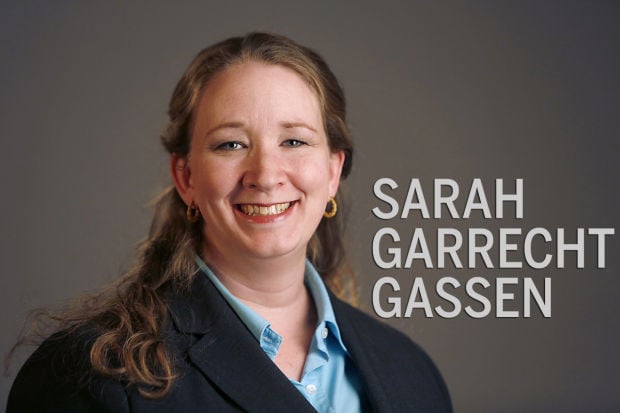I don’t get people who don’t vote.
Please allow me to elaborate.
There’s a difference between not bothering to vote, and reacting to changes designed to make it harder for you to vote.
There has been a targeted campaign by Republicans in many states, including Arizona, to make it more difficult for minority voters, who tend to vote Democratic, to cast their ballots. These have come in the form of changes to and purges of voter registration rolls, changing polling place locations and numbers, requiring specific ID at the polls, shortening early voting periods.
That’s disenfranchisement. I’m talking about people who just don’t bother.
Now, I recognize that as a white, middle-class woman I’ve always been taught that my vote counts. This isn’t the universal experience or message in America, and we must acknowledge, and end, this disparity.
And I recognize that as a liberal living in a predominantly red state I may be outnumbered, but casting my ballot still matters in the exercise of living democracy. And it matters to me, as an American. The doing of it makes a difference.
So here is a question: Is apathy a way of being disenfranchised?
The obvious answer is no. Being disenfranchised means you’ve been prevented, or hindered, in casting a vote by an outside source, or a system that discourages your participation. That’s different than not giving a flying fig about voting, or being outright hostile to the idea of casting a ballot.
But you can also see apathy as the result of mass disenfranchisement done by a culture that rewards the passivity of consumption.
People who are engaged and passionate are viewed with suspicion. The inertia against real involvement is strong — we tweet or post our outrage on social media and think we’ve done something. It’s another form of apathy: I care, but not enough.
The stoking of apathy is often subtle, in language — people who protest or raise their voices are described, including in news media, as “activists,” not ordinary folks expressing an opinion. “Activist” seems more like a job description, like a professional rabble-rouser, someone who is easy to dismiss as being part of a “special interest.”
In our over-saturated political climate, it’s so tempting to just check out and say “enough.” But we can’t, not entirely.
Elections are about winning, yes, but they’re also about standing up and being seen. Taking action. Being a participant, not an observer. Being knowledgeable.
I recently sent my University of Arizona journalism students out of the building with a quick assignment: Go up to three people and ask them what they think about the First Amendment.
Students were shocked at how many people — and keep in mind they did this on a college campus — didn’t know what the First Amendment states. More than one reported a response of “Wait, is that the gun one?”
No, it’s not “the gun one.”
Is this an example of apathy, or ignorance? Is there much of a difference?
We have a chance to answer that question on Tuesday. It’s the primary election, where voters will select which candidates will stand in the Nov. 8 general election. If you’re an independent voter you can vote; you just choose which political party’s ballot you want to fill out.
Primary elections usually turn out only dedicated voters, and this is how we end up with fundamentalist candidates, especially on the Republican side.
Moderate candidates don’t make it to the general election, and that has ramifications in elected offices up and down the ballot.
The primary is a big deal. Vote on Tuesday. It’s a duty. It’s an opportunity. Your candidate may not win, but elections are about more than that. Participation matters. Don’t abdicate your responsibility.
So I amend my initial statement:
I don’t get people who won’t vote.





